You are currently viewing SemiWiki as a guest which gives you limited access to the site. To view blog comments and experience other SemiWiki features you must be a registered member. Registration is fast, simple, and absolutely free so please,
join our community today!
Let’s start by getting the financial stuff out of the way. Revenue was $416 million; non-GAAP operating margin was 28%; non-GAAP EPS was $0.27; and operating cash flow was $122 million (up at lot, it was just $47M in Q1 and $69M in Q2 of 2014).
The thing that the financial types are most interested in are the changes to Cadence’s… Read More
The Antiportfolioby Paul McLellan on 07-29-2015 at 7:00 amCategories: General
Last week Charlie Cheng of Kilopass wrote about venture capital for semiconductor. This reminded me of something amusing that I came across years ago.
See also VC For Semiconductor: Dead or Alive?
All VCs have a portfolio page and often a second exit page. The first shows the companies in which they currently hold investments and… Read More
Wearables and the Internet of Things (IoT) in general are all about low power. Everyone must have read (or even experienced) the phenomenon of putting something like a Fitbit on and then after a short period leaving it in a drawer or putting it to recharge and forgetting about it for weeks. The longer devices can last the more likely… Read More
Andreas Kuehlmann is the general manager of what is officially now known as the Software Integrity Group of Synopsys, what you might think of as Coverity although they have made some acquisitions too, so they now have a broader technology base. I sat down to talk to him last week.
He was brought up in Germany and came to the US in 1991 … Read More
Over the last couple of weeks, FD-SOI has been in the news with GlobalFoundries announcement of a 22nm FD-SOI process that will run in the Dresden Fab. Also, earlier in the week I talked to Thomas Skotnicki about the saga (and it is a saga) of how FD-SOI got from his PhD thesis to volume manufacturing and global deployment. But there … Read More
It seems to be FD-SOI week yet again. I talked to Thomas Skotnicki this morning. He is the father of thin-box FD-SOI and its birth is an interesting story. The story began 26 years ago (so not quite as far back as the photo!).
Thomas is of Polish origins (he is actually Tomeczek) and grew up in Warsaw where he earned his PhD. In 1983 in Canterbury,… Read More
There is obviously a broad spectrum of semiconductor IP but broadly speaking it seems to fall into three buckets:
- foundation IP: standard cells, memories
- microprocessors and associated peripherals
- interface IP
Foundation IP is where it all started. When I was at Compass Design Automation in the 1990s that was pretty much what… Read More
SoC design these days is largely about assembling externally developed semiconductor IP with a small amount of differentiated content. Only companies who have to adopt new processes instantly develop a lot of their own IP. It makes more sense to license it. Partially because there is not a lot of differentiation in standards-based… Read More
Apple has roughly 20% market share of the smartphone unit shipments. Android has pretty much all the rest with a tiny sliver for Microsoft Windows Phone, Blackberry, and Samsung’s Tizen. By any standard, Android is the highest volume operating system ever created. Famously, Microsoft makes more money on patent licenses… Read More
Antun Domic is the GM of the Design Group at Synopsys. I sat down with him a couple of weeks ago.
His name is Croatian although, of course, there was no Croatia back then it was part of Yugoslavia. But in fact he grew up in Chile and went to university there where he studied EE and math. He came to the US as a grad student and did a PhD at MIT in … Read More





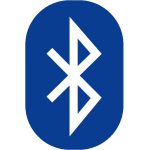
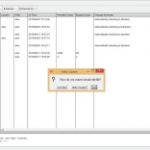
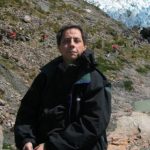


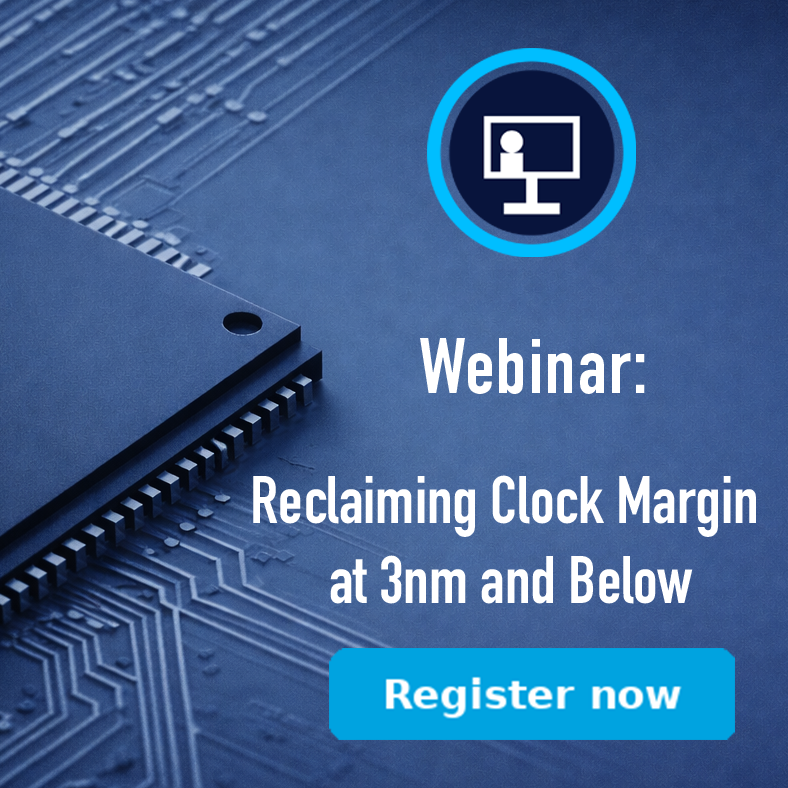

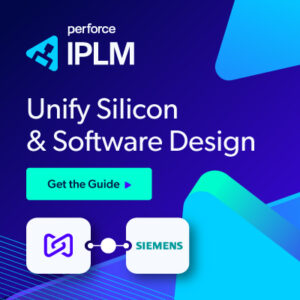

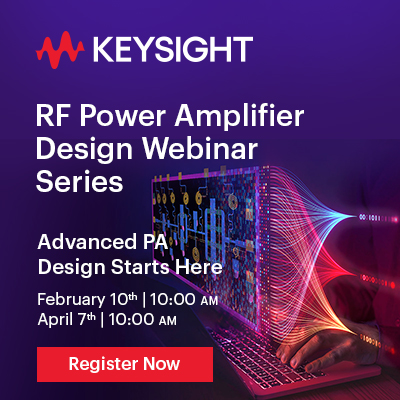
A Detailed History of Samsung Semiconductor